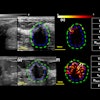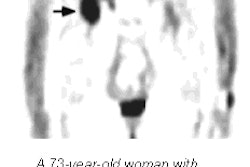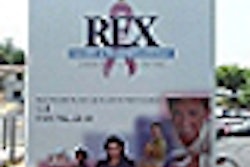Women who are told what they could lose by not being screened for breast cancer were almost seven times more likely to get a mammogram than those not exposed to such a message, according to Florida State University researchers.
Framing a message that promotes screening in terms of potential loss, or a "loss-frame" approach, was part of a behavioral research grant funded by the American Cancer Society.
This is the opposite approach to that taken by most public health campaigns, which promote proper health behaviors, said FSU College of Human Sciences associate professors Doris Abood and Ann Mullis. Failing to address the consequences of engaging in certain health behaviors may create complacency in people about their health, the researchers found.
The six-month study focused on medically underinsured and uninsured women in rural Florida, who were informed of the risks of not being screened for breast cancer when they called to inquire about free mammograms.
Abood and Mullis are currently testing the approach among a comparable group of urban Florida women.
By AuntMinnie.com staff writersOctober 24, 2001
Related Reading
Most women overestimate the efficacy of mammography, October 19, 2001
Breast cancer fears may nix follow-up screening, October 10, 2001
Mexican women face cultural barriers to mammography, September 5, 2001
Lesbians may be at greater risk for breast cancer, April 14, 2001
Grassroots groups address high breast cancer rate among immigrants, March 30, 2001
Copyright © 2001AuntMinnie.com



















